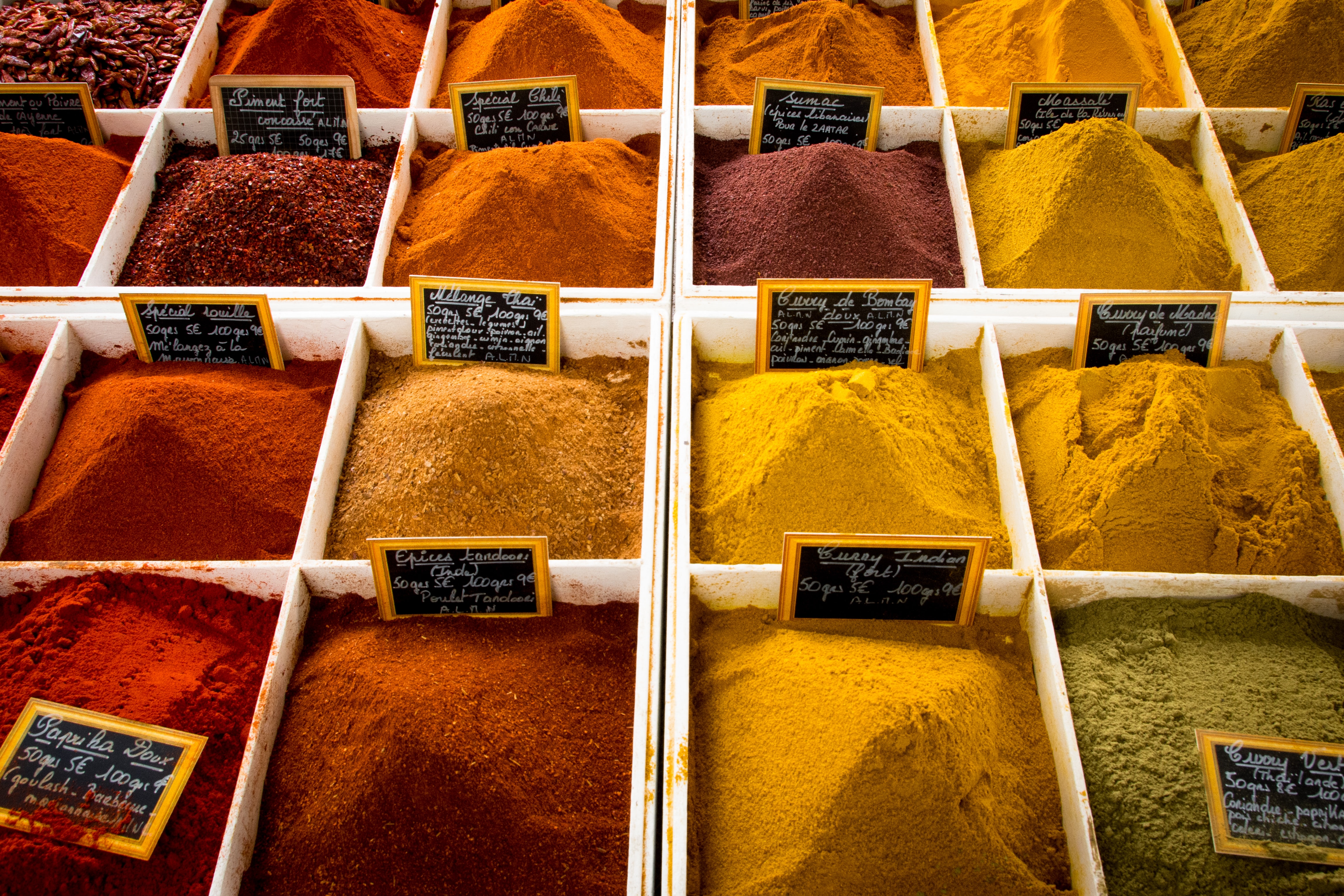Why Snacking is on the Rise and Where it’s Headed
By Inspira Marketing
February 20, 2020
By Inspira Marketing
February 20, 2020
It’s no secret that snacking is on the rise. Whether it’s due to dietary constraints or simply seeking a burst of afternoon energy, consumers across the globe are eschewing the standard three square meals for snacks. In fact, snacking is preferred over meals for 59% of adults worldwide, and that number jumps up to 70% when isolating Millennials.
That bears out in sales numbers, too. Here’s a sampler of the growth in some of the top segments in snacking from 2016-2018:
| Category | Annual Sales | Growth (2016-2018) |
| Chips/Pretzels | $4 billion | 8% |
| Chocolate/Confectionary | $2.5 billion | 14% |
| Yogurt/Kefir | $2.2 billion | 8.5% |
| Jerky/Meat Snacks | $307 million | 36% |
This should come as no surprise. A quick trip to the grocery store reminds us of the constant innovation happening in the snack category. Aisles that used to be primarily composed of junk food are now populated by countless healthy alternatives – many of which are nutritious takes on former staples. Here, we take a look at the areas where snacking is set to grow in the coming years.
A New Kind of Healthy Snacks
Convenience is the top reason that consumers turn to snacks, and the qualities that they seek in their snacks include freshness (43% say as much) and low levels of sugar (36%) or fat (31%). Going forward, though, 47% of consumers want snacks that are more focused on functionality to meet nutritional needs. Enter health-promoting snacks. Items like collagen cookies, kombucha granola, and probiotic cheese all offer sustenance in conjunction with ingredients that promote gut, skin, bone, or muscle health.
Out with Sugar, in with Healthy Fats
In recent years, sugar has become a primary enemy of consumers looking to maintain a healthy diet. With that, there’s been a significant increase in interest in snacks with less or low sugar. However, many manufacturers are looking to take the next step by eliminating sugar and replacing it with botanicals – such as chamomile, elderflower, or lavender – that add flavor where sugar or salt used to be.

Similar to sugar, fats were considered public enemy number one for a period of time. However, as time has passed, our understanding of fat’s role in a healthy diet has become far more nuanced. Specifically, we are seeing a push towards healthy fats like fish oil, coconut oil, and even grass-fed butter, all of which promote good health and cognitive function. Expect to see these ingredients featured more prominently in snack innovations going forward.
Content over Claims
As we’ve done with some of the plant-based burgers that have hit shelves and restaurants across America, there is a tendency to conflate certain product claims with “healthy” despite nutritional content that points to the contrary. Take organic cookies, for example. They are, indeed, organic, but the claim on the package does not mean they are significantly healthier than any other option on the market. Ultimately, they’re still cookies. As consumers become more cognizant of the difference between a product’s claims and its actual nutritional content, we will see purchase decisions more significantly influenced by the latter rather than the former.
International Flavor
As America’s population continues to grow more diverse, so, too, does our taste in food. Just like we’re seeing in restaurants, it’s fair to expect that robust, international flavors will become a greater focus in snack innovations, as well. After all, consumers are seeking adventure in their snacking, which has led to the growth of spicy snacks, in particular. Going forward, cultural influences are sure to drive further innovation in the category in order to satiate that desire for adventure.

Is your brand looking to introduce its latest snack innovation to consumers? Contact us today to learn how our suite of experiential-led marketing services can help you build awareness, encourage trial, and earn lifelong loyalists.
{{cta(‘61004bdb-f2f4-4c7f-b7ea-e57bed292904’)}}
Sources: Food Dive 51% of Adults Prefer Snacking to Meals 2019, Forbes Perspectives on the Future of Snacking 2019